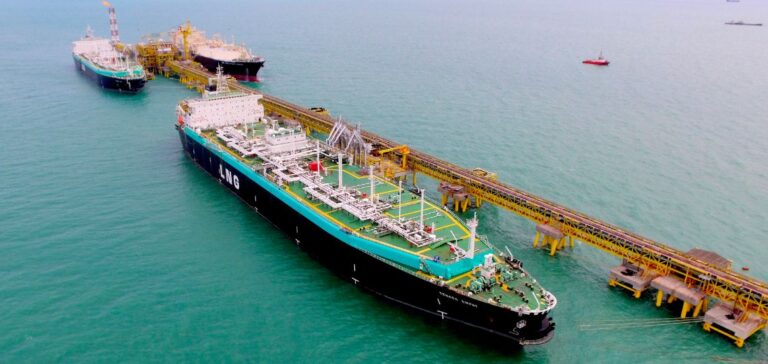In Japan, energy security is under serious threat. One of the world’s largest fuel importers is looking for solutions as the war in Ukraine continues to disrupt its energy supply. Thus, the country is turning to Malaysia and its LNG.
Japan interested in Malaysian LNG
Like many states, Japan is seeking to secure its supply. However, Asia is experiencing difficulties. In fact, Asian nations are facing competition from Europe for LNG cargoes.
In this context, Japan signs a Memorandum of Cooperation (MoC) with Petronas, a Malaysian state-owned company, for LNG. The agreement provides for joint investments, technical cooperation on methane emissions reduction, assistance with fuel supply and, most importantly, the use of LNG tanks in case of emergency supply disruptions.
In such a situation, Japan and Petronas will look for a solution to provide fuel to the one who lacks it. In fact, the periods of high demand differ. The Japanese demand is more important in winter. On the contrary, in Malaysia, demand increases during the summer.
In addition to this MoC, a government source says that Japan is expected to sign a memorandum of understanding with Petronas. The latter will focus on LNG. In addition, she explains that the country is looking for other partners. The same source then mentions Singapore.
In addition, Japan intends to restart its nuclear power plant.






















